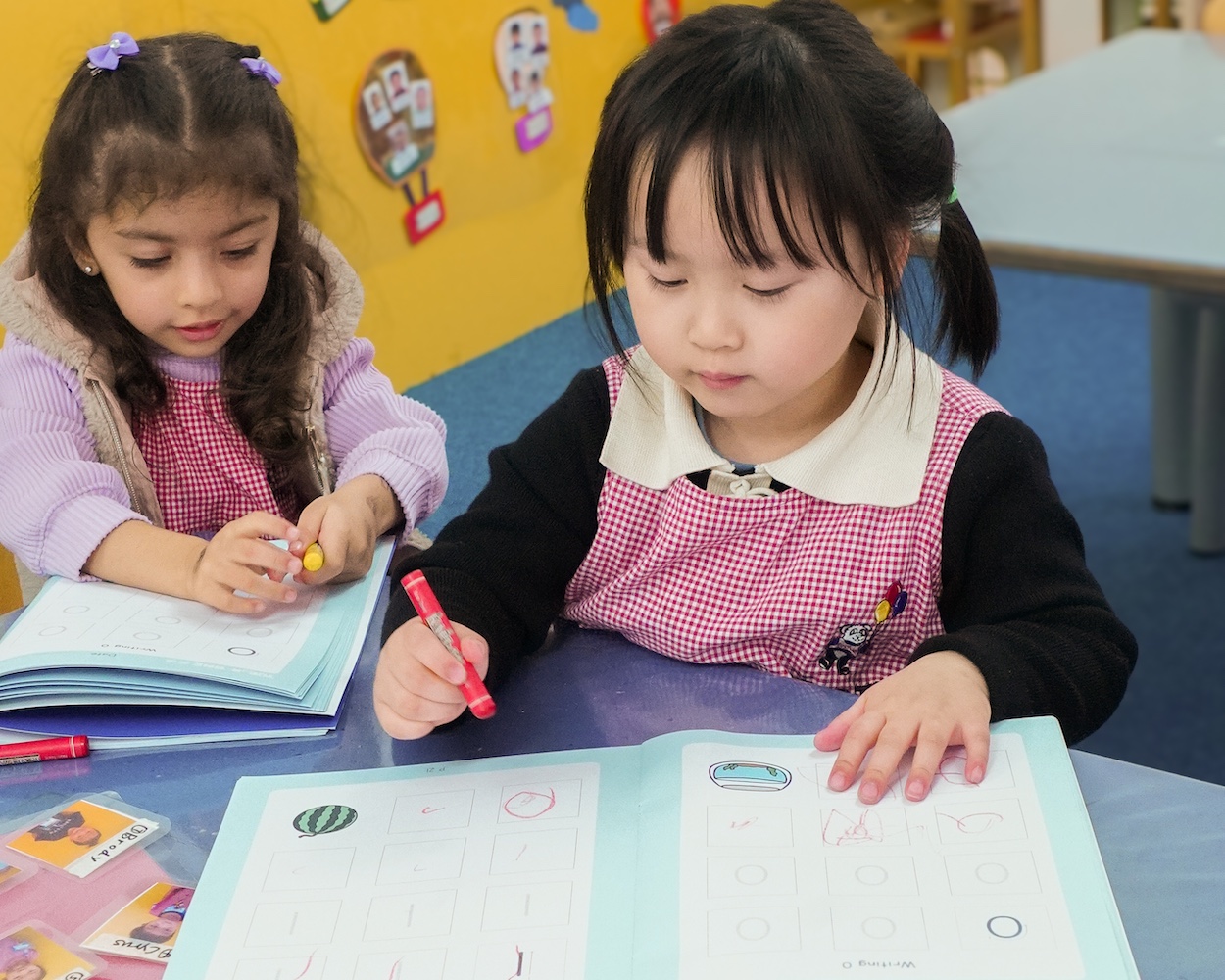As we embark on the journey of nurturing our children’s growth and learning, we recognize the invaluable role that parents play as key partners in our school community. It is our commitment to ensure that parents are consistently informed about the latest developments in the field of education. By doing so, we aim to empower parents with the knowledge and insights necessary to make well-informed decisions regarding their child’s early education.
5 Math myths that don’t add up
A word from Dr. Susan Canizares “The foundation for our critical thinking capability and comfort level with math is shaped during our earliest years, when the brain is growing exponentially,”...
Building a secure attachment with my baby
A secure attachment with your baby matters because attachment styles influence how your child handles social and emotional relationships in adult life. When is secure attachment established Preattachment (birth...
Sleep, cognitive development, and ultimately academics
How much sleep does a child need? Sleep needs vary, especially for newborns. At first your newborn should sleep 14 – 17 hours throughout the day and night and will...
Attachment styles and why they matter
Psychologist Mary Ainsworth devised “the strange situation” to determine the strength and style of parent-infant attachments. In the strange situation, psychologists put a parent and child into a room and...
Helping your child learn from home
The COVID-19 pandemic has fundamentally changed the way we learn. Online learning, originally viewed as a backup option for people who could not physically attend, is now our primary mode...
Teaching self-regulation: science-backed strategies
The idea of teaching “self-control” can be misleading because it implies self-control is one skill. In reality self-control is a combination of controlling the brian’s thoughts, regulating our emotions, and...
The brain-altering potential of a growth mindset
How you view intelligence can, and will, influence your learning potential. In some countries, people generally believe that intelligence is innate and fixed; intelligence is viewed in a quantitative light,...
Nurturing kindness and generosity
Helpfulness, kindness, generosity, are all examples of prosocial behaviors- behaviors that are voluntary and intended to help others. These types of behaviors lie at the foundation of human society and...
Evidence-based ways to raise empathetic children
Parents often view empathy as a skill or ability that is trained. In reality, empathy is made up of a variety of processes including: Affective empathy: the ability to share...

Sign up for FREE Weekly Lessons & Worksheets








